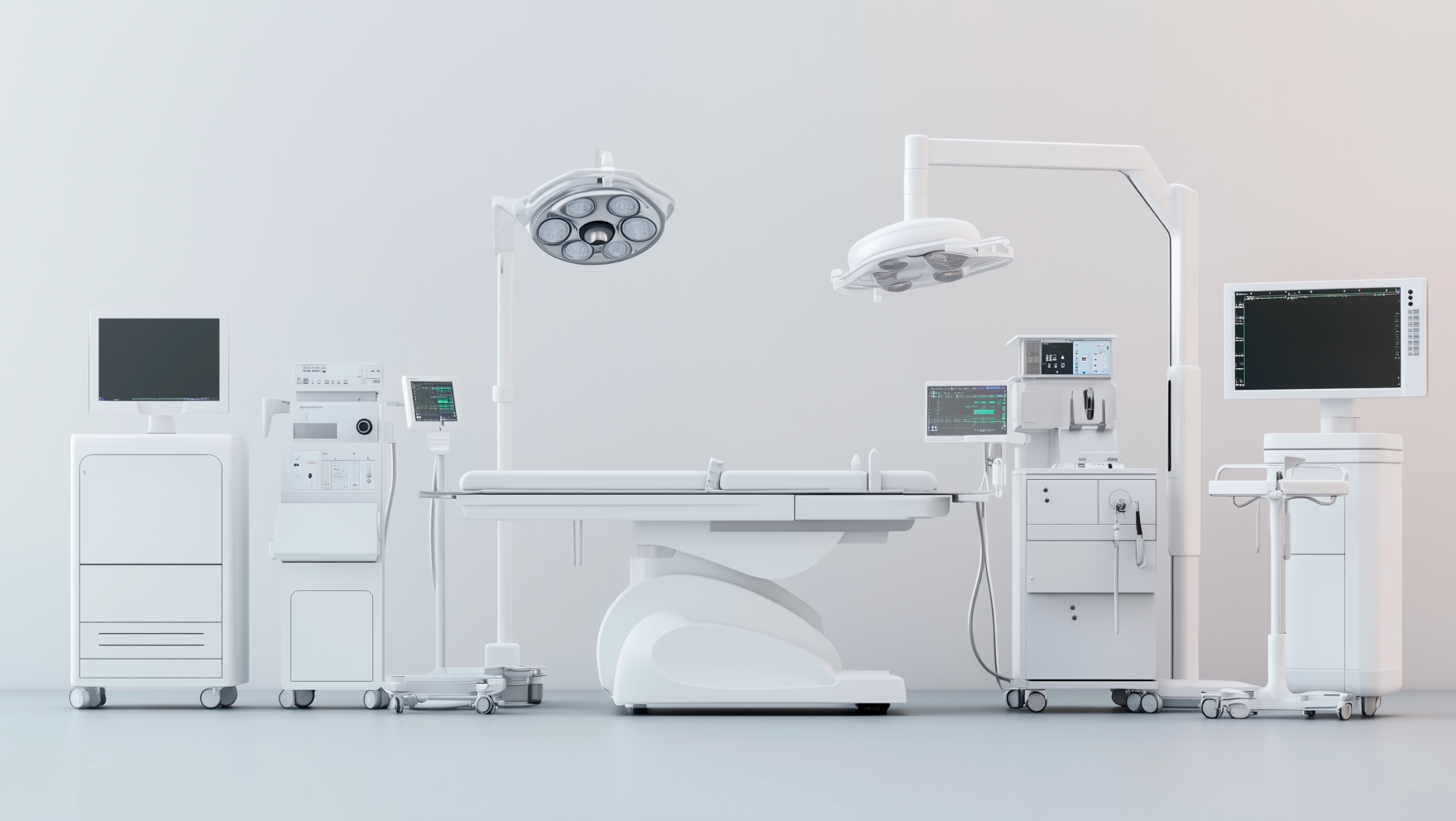IoT-enabled smart clinics
The healthcare sector is experiencing a significant transformation with the integration of IoT technologies and digital solutions. Let’s explore the role of IoT in paving the way for smart clinics to become the standard in healthcare delivery, and examine how connected medical devices, self-monitoring, proactive care, telemedicine, and operational enhancements are changing patient care.

Connected medical devices
Connected medical devices are central to the concept of modern smart clinics, improving healthcare delivery globally. Devices such as tonometers, glucose meters, ECG monitors, and vital signs monitors continuously collect essential health data. Supported by IoT, machine learning, and Artificial Intelligence, these tools are crucial for long-term research and effective remote patient monitoring. They are indispensable in both hospital settings and personal care, supporting the evolution of smart clinics.
Increasing healthcare spending, a growing aging population, and a heightened focus on sustainability are driving demand for these innovative gadgets. Improvements in IoT, data analytics, and wireless technologies are making connected medical devices more effective and accessible, transforming patient care worldwide.


Self-monitoring and proactive care
Beyond medical device data, IoT extends to self-monitoring through personal wearable gadgets (e.g., Apple Watch, or certified personal tonometers). This approach, similar to the Bring Your Own Device (BYOD) model, allows patients to effortlessly transfer data from their personal devices to smartphones, integrating smoothly with the hospital’s EHR system. This integration supports ongoing monitoring and reduces the need for frequent doctor visits, empowering patients to take an active role in their healthcare.
Moreover, doctors benefit from automated measurement analysis, which helps in promptly identifying abnormalities. Automated analysis also significantly decreases the likelihood of errors during manual data entry. Telemedicine also plays a crucial role in connecting doctors and patients remotely, facilitating treatment adjustments and timely emergency responses.
These systems also serve as smart reminders for patients to adhere to their treatment plans, with data reported back to their doctors. This comprehensive support allows physicians to manage patient care virtually without overwhelming their schedules.
Operational efficiency of healthcare providers
The impact of IoT extends beyond patient care to optimizing operations in medical institutions.
One key area is automating the transfer of data from medical equipment to Hospital Information Systems (HIS), Electronic Medical Records (EMR), or EHR systems. This leads to notable improvements in workflow efficiency, reduces errors from manual data entry, and provides immediate data access to patients, healthcare providers, and researchers.
QR or barcode scanning technology plays an important role in this process. It simplifies processes by ensuring accurate and rapid patient identification during examinations and reducing the risk of errors associated with medical equipment. Although integrating QR or barcode scanning into clinical workflows typically requires minimal changes, its widespread use is limited by technological complexities. As a result, manual patient data entry in relevant applications remains a common practice.
Additionally, IoT aids in tracking laboratory equipment within medical facilities. By utilizing IoT technologies, healthcare institutions can optimize inventory management and reduce delays in patient care. Real-time monitoring of equipment availability and location ensures that vital instruments are accessible when needed, further improving operational efficiency and overall patient experience.
Data security and interoperability
However, implementing IoT in healthcare comes with its challenges and requires robust cybersecurity measures to keep Protected Health Information (PHI) safe. Data security must be prioritized to maintain patient trust. Interoperability and standardization of IoT devices and systems are crucial to ensure seamless integration and data exchange. Effective collaboration among stakeholders is a must to address interoperability challenges.
The future of healthcare
The benefits of IoT in healthcare are substantial, offering continuous monitoring, early detection of health issues, and better outcomes for patients. The convenience of accessing health data through user-friendly applications encourages patient engagement. Healthcare providers benefit from efficiency gains, proactive care, and remote patient monitoring.
Despite existing challenges, ongoing advancements in data security and interoperability are paving the way for IoT-driven smart clinics to become the standard in healthcare delivery. With continued innovation, IoT has the immense potential to drive efficiency and transform the healthcare sector.
At WaveAccess, we build robust software that meets the demands of modern healthcare facilities. We specialize in creating custom applications that are secure, compliant, and user-friendly, ensuring that sensitive data is protected and healthcare regulations are met efficiently. We also excel in quickly resolving challenges related to legacy infrastructure in the healthcare industry.
Contact us to discuss your upcoming digital healthcare project or share your experiences with innovative approaches to healthcare.
Let us tell you more about our projects!
Сontact us:
hello@wave-access.com
















